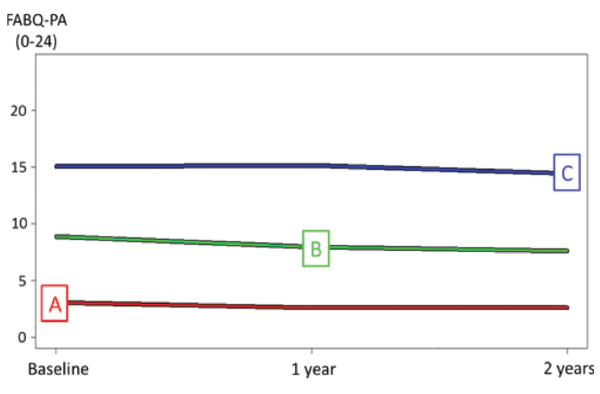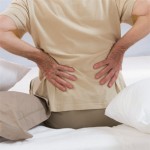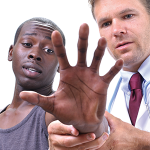More Fear Than Expected
“It was quite a surprise,” says Dr. Opava, “to find that one out of five patients with RA displayed high fear-avoidance beliefs because there is no reason for them to believe that exercise will do them harm or cause more pain. When most patients have an injury or inflammation they experience pain, confront it and recover. Those who catastrophize, however, have more pain-related fear, and avoid chores and physical activity. Then it becomes a vicious cycle—they don’t use their bodies, they experience more pain, followed by more fear, etc.
“Two other predictors of the high fear-avoidance trajectory were low income and low education level,” she continues. “It is a well-known fact that these affect all kinds of poor health behaviors and beliefs. For example, if you have pain or inflammation, then your natural reaction is to rest to avoid the pain and inflammation. That is a reasonable reaction if it’s acute pain, but with RA, the pain is chronic and will only increase if you completely refrain from physical activity.

Figure 1: Trajectories of Fear-Avoidance Beliefs on Physical Activity Over Two Years in People with RA
Three trajectories of fear-avoidance beliefs identified by K-means cluster analysis: A=low (41% of the total sample), B=moderate (41% of the total sample) and C=high (18% of the total sample). Total sample N=2,569. Values indicate the average over a two-year period. FABQ-PA=Fear-Avoidance Beliefs Questionnaire physical activity subscale.
“In general, it is easier for educated people to find health information online, and indeed they may find it easier to trust people ‘like them’ who are educated [the health professionals]. If you have poor health literacy, then you are prone to believe in erroneous ‘facts’ that you hear from friends and elsewhere (don’t move, rest the knee, use hot packs). And if you accept this advice, then you may be less interested in evidence-based information.
“Interestingly, we found that men were more likely to hold fear-avoidance beliefs and to be in the trajectory with high fear-avoidance beliefs. This is a bit controversial, but we have reason to believe that despite Sweden supposedly being a country where the sexes are equal, women still do the majority of the daily chores. Thus, women need to confront pain whether they feel like it or not. … They have to keep going no matter what. Men are most often the primary breadwinner, but they can take time off from work and use the national insurance so they are in bed or resting quite a bit.”



